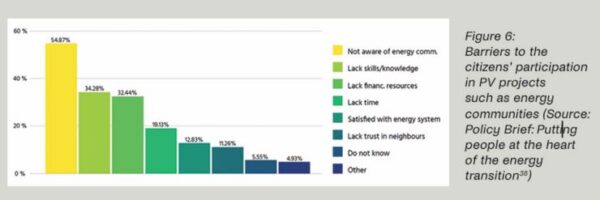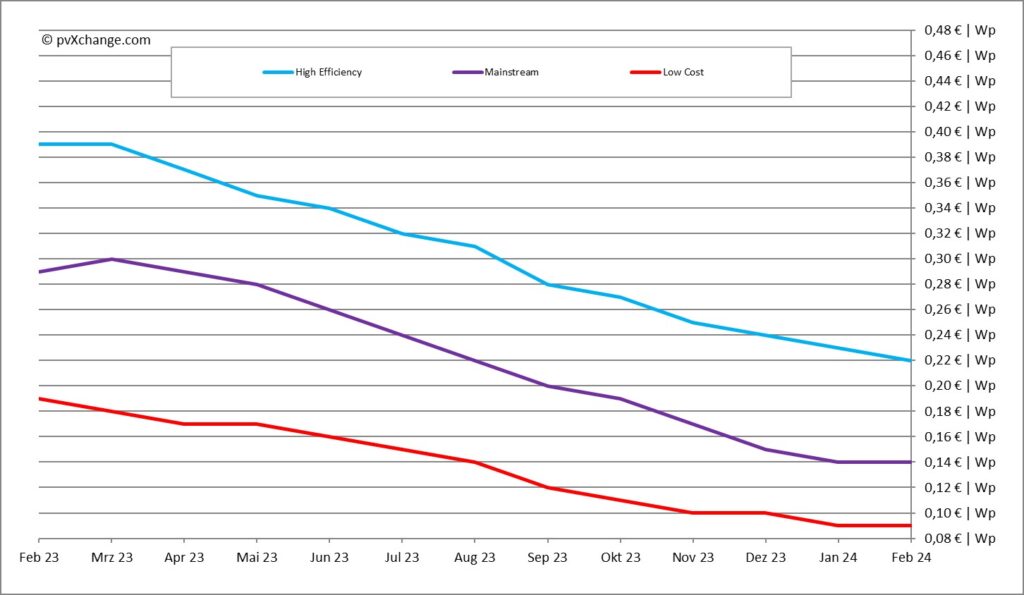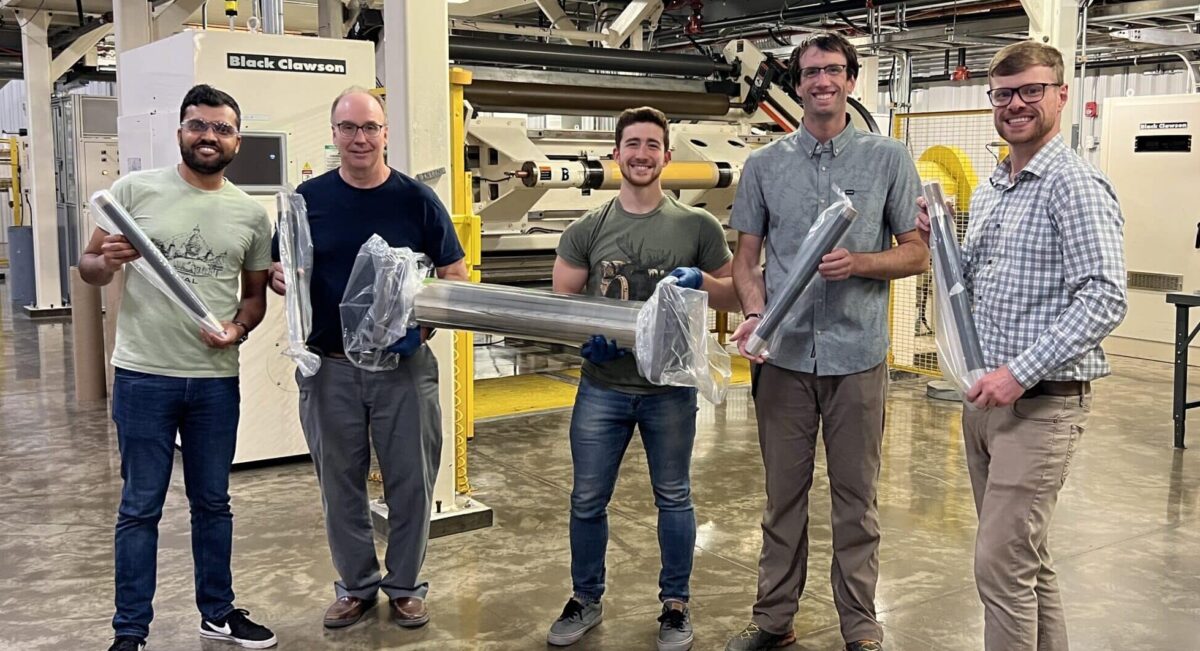https://www.pv-magazine.com/2024/02/16/addressing-socio-economic-challenges-will-advance-solar/
Addressing socio-economic challenges will advance solar

Image: AhmadArdity, Pixabay
The European Technology and Innovation Platform for Photovoltaics (ETIP PV) recently published a whitepaper on the nexus of the socio-economic and technological challenges of solar deployment.
ETIP PV is the European solar PV sector’s research representation to the European Commission. The ETIP PV's Solar PV Working Group drafted the paper, providing an overview of the most urgent socio-economic challenges for solar deployment. Specifically, the paper focuses on four key dimensions: public support; public engagement; skills and workforce; and environmental and social sustainability.
1. Social Acceptance
Looking at social acceptance, the white paper delves into the issue from various perspectives, including socio-political, community, and market acceptance levels. From a socio-political point of view, it looks at the recognition of critical raw materials (CRM) in solar manufacturing and examines what’s needed to gain acceptance for their use. It also addresses the incorporation of new materials, within novel solar technologies (such as lead in perovskite). The paper shows that there is a need for research and innovation efforts to reduce CRM usage, and follow a ‘design for recycling’ approach, allowing a better management of the recycling at the end-of-life stage of CRMs.
On the market acceptance level, the paper also scrutinizes novel true-cost pricing grid tariff schemes, and their acceptance by consumers and businesses, shedding light on both the opportunities and challenges associated with them. These schemes should be designed to reflect actual grid usage, with the possibility of integrating additional price signals based on local solar production forecasts. Concepts for maximizing self-consumption (e.g. through energy communities, self-generation and self-storage, feed-in tariffs, electric mobility or collective generation systems in apartment buildings) should also be supported. Furthermore, the paper explores the crucial aspect of solar deployment, at the community acceptance level. With increased solar deployment, it will be important to ensure that citizens accept the project development process, and recognize how they can directly profit from it. In particular, the report looks at proposed potential solutions to boost solar’s public support.
2. Public Engagement
The white paper also emphasizes that, beyond improving social acceptance, it is crucial to foster public engagement. Here, citizens will play an active role and will be integral to facilitating a successful energy transition. Consumers can actively contribute to this transition by becoming prosumers. The white paper not only explores the various barriers that hinder citizens' participation in solar projects, like renewable energy communities (as shown in the figure below), but also presents recommendations for increasing their participation. These include solutions to enhance citizens' participation in solar deployment, such as establishing one-stop shops to support citizen-led PV projects or developing customized capacity-building programs tailored for citizens who are interested in PV projects.

Source: ETIP PV’s White paper: Towards Sustainable and Massive Deployment of Photovoltaics: The Nexus of Socio-Economic and Technological Challenge
3. Skills and Workforce
Popular content
As the solar sector continues to expand, addressing dynamic workforce needs and skill requirements will be paramount. Construction workers, including roofers, serve as the backbone of the energy transition. Current shortages impact both rooftop solar and utility-scale markets. Therefore, the paper underscores the imperative for re-skilling and upskilling, providing key strategies to overcome the skills gap. To address the skills gap, it is essential to look at the important role women are playing in the solar sector. Currently solar employs proportionally more women than any other energy technology, with 40% of FTEs occupied by women worldwide, according to the International Renewable Energy Agency. However, more can still be done, with the white paper identifying key issues related to gender equality in the solar industry. Women are predominantly employed in administrative, roles but constitute less than half of the overall full-time workforce in the solar sector. They also face underrepresentation in STEM positions and senior management roles. To promote gender equality and workforce diversity, implementing policies and initiatives, along with educational programs and transparent workplace practices, is essential for creating an inclusive and diverse solar sector.
Alongside this, the paper emphasizes the importance of safeguarding Europe’s innovation capacity, concerning the development of new PV technologies. It is crucial to prioritize investments in the manufacturing capacity for emerging thin-film tandems, particularly perovskite/CIS tandem solar cells. This will secure a cost-competitive, sustainable, and diversified supply chain, while accelerating the green transition.
4. Environmental and Social Sustainability
We need to support solar’s sustainable growth and look at the ecological and social effects of solar systems. Comprehensive societal cost-benefit analyses are needed to find the optimal path for solar’s growth. That is why the white paper delves into the environmental impact, employing Life Cycle Assessment (LCA) analysis to scrutinize the ecological footprint of solar technology, whilst also looking at the Social Impact through Social Life Cycle Assessment (S-LCA). This is a tool that explores the broader societal consequences of solar deployment. Furthermore, the report outlines Environmental, Social and Governance (ESG) frameworks, to promote sustainable and responsible practices across the solar sector.
By bridging the gap between technological and socio-economic considerations, this white paper intends to enrich the discourse surrounding our transition to a sustainable energy system, ensuring that these critical socio-economic dimensions are given due consideration alongside the technological aspects highlighted in ETIP PV’s Strategic Research and Innovation Agenda. The whitepaper concludes with a set of recommendations to increase support, fund research and innovation, and engage with stakeholders and policymakers. If you are interested in learning more about the whitepaper, join the ETIP PV Webinar. You will find more information here: Events – ETIP PV (etip-pv.eu)
This publication is the first from a newly established ETIP PV Working Group. The Social PV Working Group was established to solve solar’s socio-economic challenges, identifying and addressing concerns, risks and barriers, and maximizing the value solar can bring to communities. If you are interested in contributing to the work of the ETIP PV’s Social PV Working Group, please reach out to the ETIP PV Secretariat at h.dittmar@solarpowereuope.org
If you want to stay tuned for more information on the ETIP PV’s events and activities, then follow us via our monthly newsletter, our monthly articles at pv magazine, or our LinkedIn channel. Furthermore, if you are interested in working with us, then consider applying to join one of our working groups – we are always actively looking for experts and PV enthusiasts to join our working groups.
The views and opinions expressed in this article are the author’s own, and do not necessarily reflect those held by pv magazine.
This content is protected by copyright and may not be reused. If you want to cooperate with us and would like to reuse some of our content, please contact: editors@pv-magazine.com.



